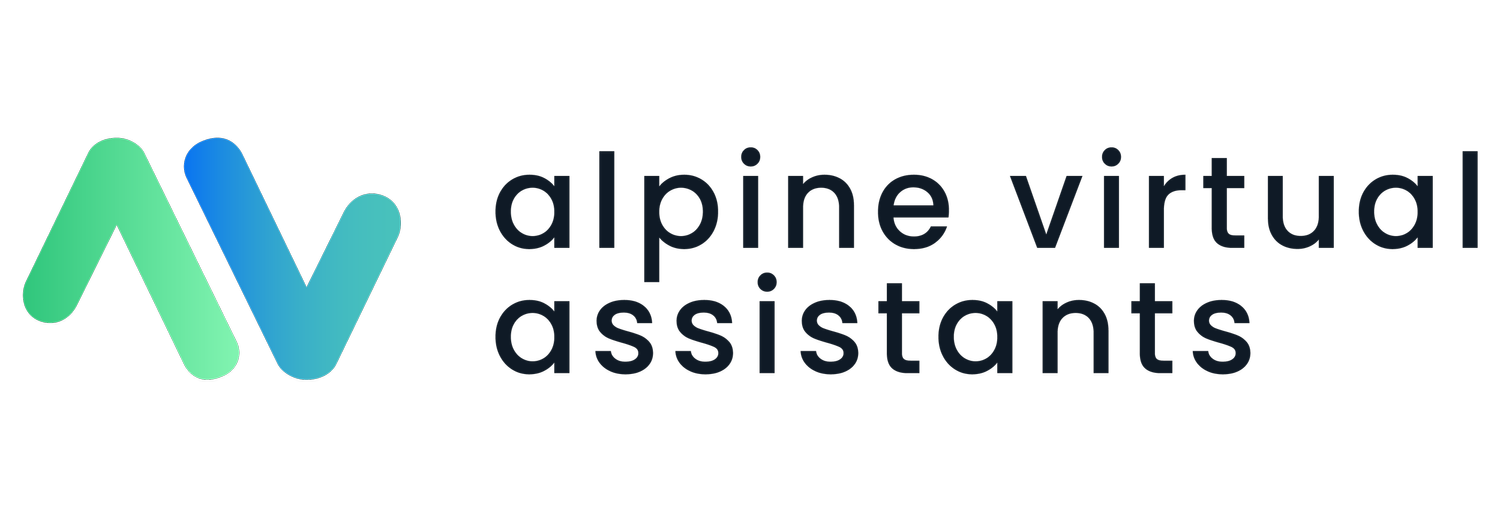Why Hiring a Virtual Assistant for Your Therapy Office Might Be the Best Thing You Do This Year
Therapists, let’s talk. You became a clinician to help people, not to spend your evenings drowning in paperwork, rescheduling no-shows, or hunting down insurance codes.
But if you're running a private practice (or a growing group practice), you know the drill:
Appointment reminders.
Intake forms.
Calendar management.
Voicemails from people who "swear" they emailed you.
A website that needs updating.
Marketing on social media or SEO.
Personal Tasks.
It’s a lot. And burnout doesn’t just come from client work, it comes from all the stuff around client work. That’s where a Virtual Assistant can truly change the game.
What Can a VA Do for a Therapy Office?
Here’s a better question: what can’t they do?
Manage your calendar (and politely chase down late or canceled appointments).
Send reminders to clients (email, text, or carrier pigeon if you’re feeling vintage).
Follow up on forms (no more "Did you fill that out yet?" emails).
Organize your EMR inbox (yes, they can help clean it up).
Respond to new client inquiries so you don’t lose leads while you’re in session.
Update your website, help with light marketing, or set up simple automations.
Help you get licensed in other states (hello, PsyPact paperwork!).
Manage basic billing tasks or client comms when insurance is... being insurance.
Run your marketing campaigns—SEO, social media, email marketing, you name it.
Handle personal assistant tasks—from ordering groceries to scheduling contractors to organizing your volunteer schedule for your kid’s soccer team.
Research CEU opportunities or licensure requirements for new states.
Set up intake automations to reduce back-and-forth with new clients.
They don’t have to do everything — just the things that weigh you down.
And here’s the good news: Many of these tasks can be done without your VA ever accessing Protected Health Information (PHI). With smart systems in place—like HIPAA-compliant forms, scheduling tools, and email platforms—your VA can be incredibly helpful without handling sensitive data.
Why It Works (Especially in Mental Health)
Therapists tend to be:
Empathetic
Driven
Thorough
Terrible at saying no to too many responsibilities (we see you)
A VA helps hold your boundaries. They protect your time, keep the admin running, and give you the mental space to actually be a clinician again.
Plus, therapy clients expect prompt replies, clarity, and consistency. A great VA makes sure you show up that way—without stretching yourself thin.
But What About HIPAA?
At Alpine Virtual, we work with U.S.-based VAs who are trained in confidentiality best practices. We’ll guide you through what your VA can and can’t access, and help you set up HIPAA-compliant tools if you don’t have them already.
In fact, many of our clients delegate non-clinical, non-PHI tasks that keep things running smoothly—like calendar management, client onboarding (via secure platforms), and basic communications—without needing their VA to be HIPAA-certified. Yes, you can absolutely hire a VA and still protect client privacy. We make sure of it.
Start Small, Breathe Easier
You don’t need to hand over your entire practice. Start with an hour a day. Let your VA take over one or two responsibilities and see how it feels. Our clients often say they feel an immediate weight lifted—and wish they’d started sooner.
Your time is best spent in session, not in your inbox. Let us help. Because helping people is your job. Supporting you? That’s ours.

